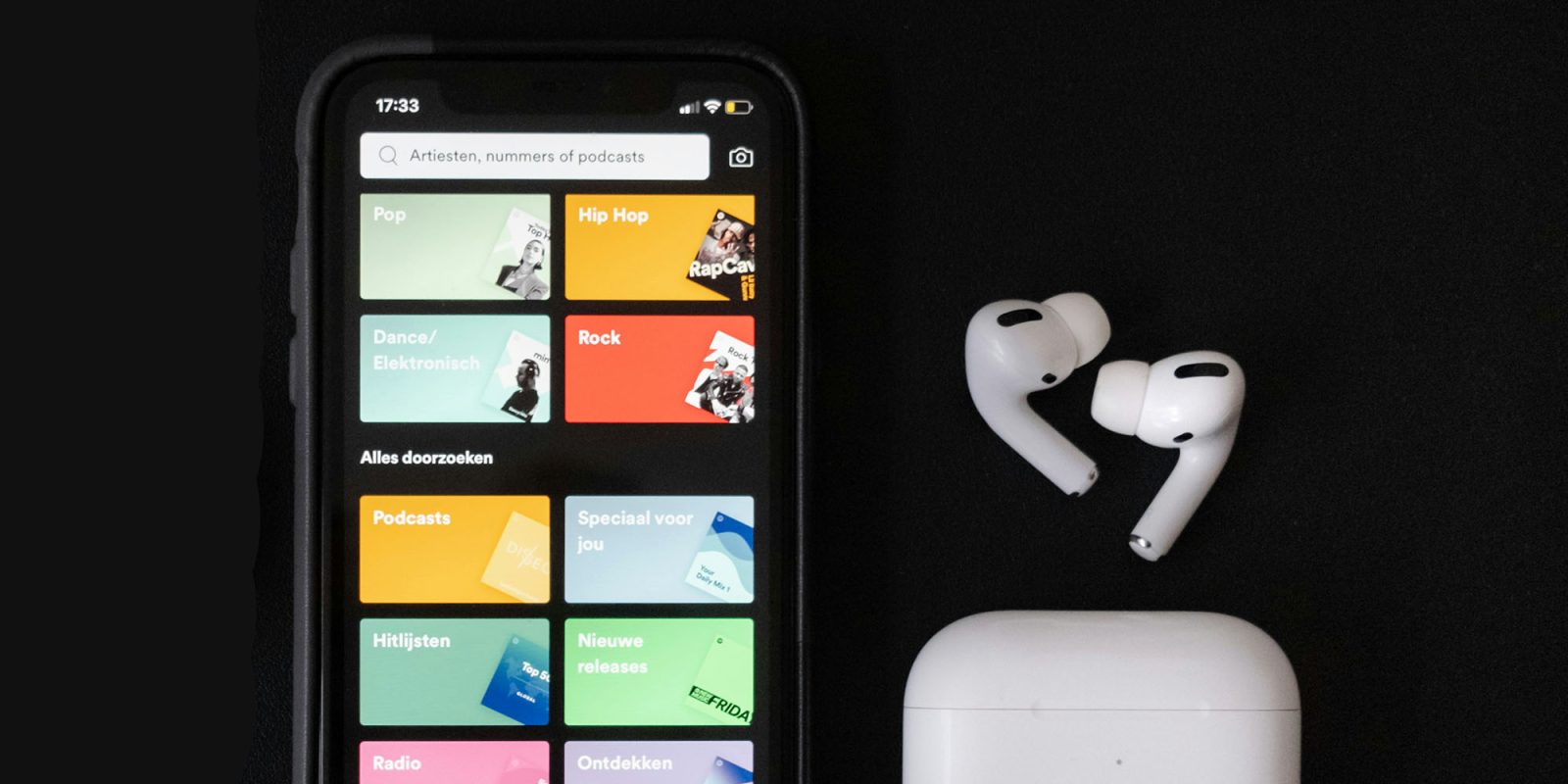
Apple said back in March that it would appeal the $2B antitrust fine levied against it by the EU in respect of a complaint made by Spotify, and it is now reported to have filed its lawsuit.
It’s the latest example of the iPhone maker taking an aggressive stance against competition law on both sides of the Atlantic …
Spotify’s complaint against Apple
Spotify filed its complaint way back in 2019. The company argued that App Store rules gave Apple Music an unfair advantage over Spotify.
Open Apple Music, and you can take out a subscription right there in the app – and Apple of course doesn’t have to pay itself 30% for the privilege. If Spotify offered the same in-app subscription option, it would have to pay Apple 30% in year one, and 15% in each subsequent year. That, said the company, meant the two streaming music apps weren’t competing on an even playing field.
Apple’s rules even made it difficult for Spotify to tell its app users how to subscribe, since they weren’t allowed to simply link to the website subscription page.
The EU took a long time to reach its decision, but agreed with Spotify that this was anti-competitive behavior by Apple, and fined the Cupertino company €1.8B ($2B).
Apple fights $2B antitrust fine
Apple said at the time that it rejected the ruling, and would appeal it in court. Bloomberg reports that the company has now done just that.
Apple Inc. is challenging a €1.8 billion fine levied by the European Union for thwarting fair competition from music-streaming rivals, including Spotify Technology SA.
The iPhone maker has filed a suit at the EU’s General Court in Luxembourg to topple the March decision, according to people familiar with the matter who spoke on condition of anonymity.
9to5Mac’s Take
Apple is not arguing with the fact that its policies hurt Spotify. Instead, it is saying that antitrust law is there to protect consumers, and there is no evidence here that consumers are harmed.
It’s a tricky argument to make, because the very heart of antitrust law is that consumers are best served by free and fair competition between companies. Companies who use their market dominance to limit competition ultimately harm consumers.
It’s another example of Apple’s extremely aggressive stance on antitrust rulings and laws at home and abroad – fighting the ones it can, and responding to the rest with what has been described at malicious compliance.
In the US, for example, Apple was told that it must allow the sale of in-app content outside of its own App Store, where it charged a 30% commission. Apple said, ok, but companies will still have to pay us 27% on sales made elsewhere. We said at the time that Apple’s response was effectively giving the middle finger to the judge, and she indeed seems to share this view.
Photo by Jonas Vandermeiren on Unsplash
FTC: We use income earning auto affiliate links. More.





Comments